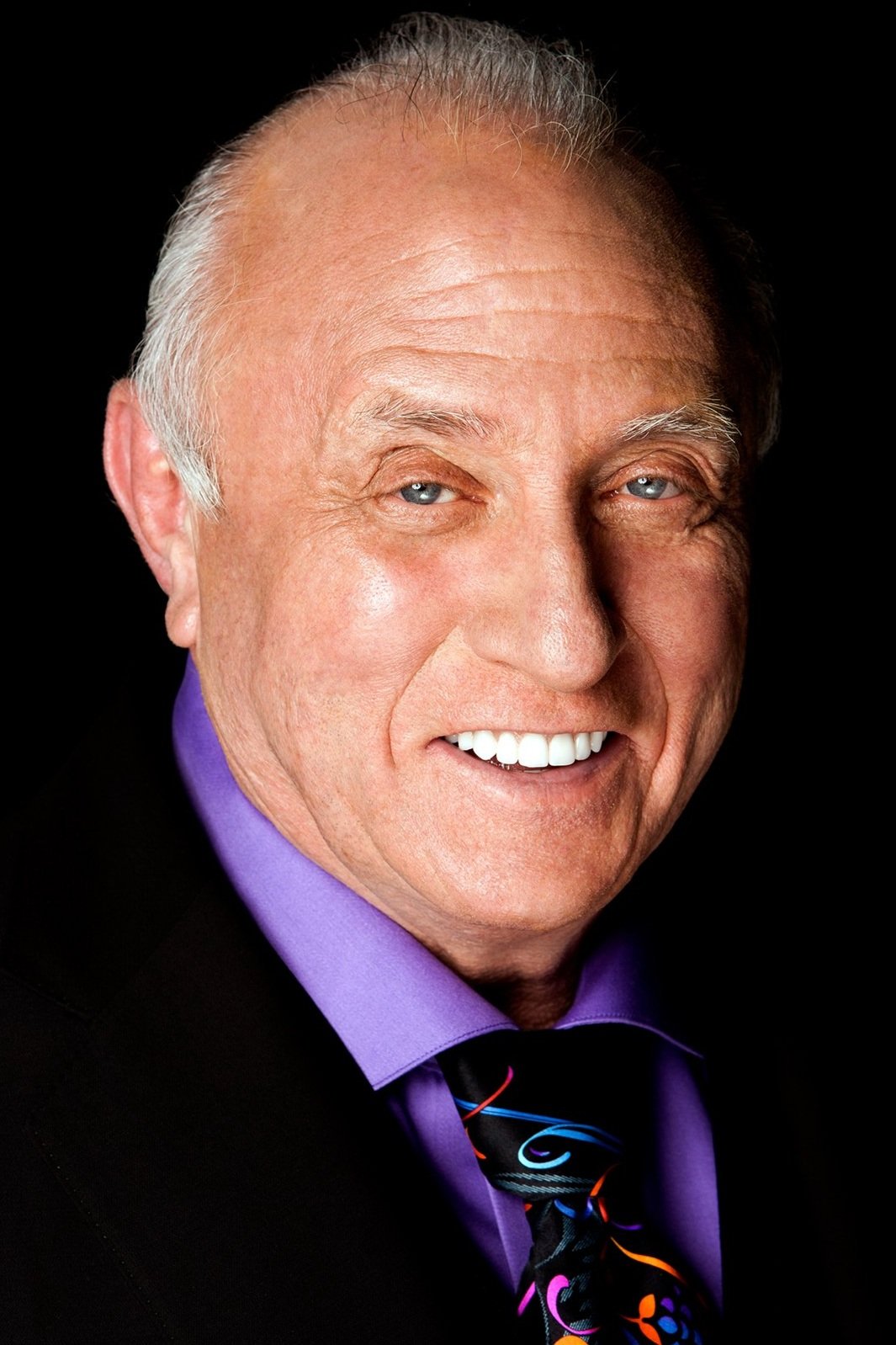
Richard Bandler – Personal outcomes (1987)
“Personal Outcomes (1987)” by Richard Bandler likely refers to a seminar or training workshop conducted by Bandler, focusing on achieving personal outcomes and goals through the application of Neuro-Linguistic Programming (NLP) techniques. Here’s an overview of what participants might have experienced:
- Introduction to NLP: Overview of the principles and techniques of Neuro-Linguistic Programming, a methodology for understanding and changing human behavior patterns.
- Setting Personal Outcomes: Guidance on setting clear, compelling goals and outcomes in various areas of life, including career, relationships, health, and personal development.
- Belief Change: Techniques for identifying and changing limiting beliefs and negative thought patterns that may be hindering personal growth and success.
- Anchoring and State Management: Introduction to anchoring techniques for accessing resourceful states of mind and emotions, enabling participants to overcome obstacles and enhance performance.
- Language Patterns: Exploration of the language patterns and communication strategies that can influence one’s own thinking and behavior, as well as the behavior of others.
- Strategies for Success: Insights into the strategies and mindset of successful individuals, and how to model and replicate their behaviors and attitudes for personal success.
- Practical Exercises and Demonstrations: Interactive exercises, demonstrations, and role-plays designed to illustrate NLP techniques and facilitate experiential learning.
- Integration and Application: Strategies for integrating NLP techniques into daily life, relationships, and personal development practices to achieve desired outcomes.
- Community Support: Opportunities for participants to connect with like-minded individuals, share experiences, and receive support and encouragement on their personal development journey.
- Expert Guidance: Access to teachings, demonstrations, and guidance from Richard Bandler, a co-founder of NLP, providing insights and techniques for personal transformation.
- Ethical Considerations: Discussions on ethical considerations in using NLP techniques, including integrity, respect for others’ autonomy, and responsibility in influencing behavior.
Overall, “Personal Outcomes (1987)” offers a comprehensive and practical approach to achieving personal goals and outcomes through the principles and techniques of Neuro-Linguistic Programming, as taught by Richard Bandler.
Recorded in June 1987 at a three day seminar. During the seminar participants could ask Dr Bandler for any personal change, outcomes, or information, they wanted. Dr Bandler works with individuals and presents information and exercises.
Some NLP experts claim that the mid 1980’s were some of the most productive years of Dr Bandlers creative career. During this period submodalities were discovered along with timelines. From these two discoveries many highly affective interventions have been born, of which perhaps the Swish Pattern is the best known. Almost 5 hours of intense training material is contained on these 4 videos.
1 Motivation In this session Dr Bandler works with eight participants on a number of different requests involving motivation. This mainly concerns the internal processes that get you to do something or to keep you from doing it. 100 mins.
2 Resolving Problems Dr Bandler teaches exercises for making problems less important, more interesting and even fun. He also works with a particular emphasis on reading comprehension 75 mins
3 Changing Responses Dr Bandler provides exercises and or discusses how to make problems ludicrous. Also included are sessions on how to fall in and out of love, and alter motivation. He also demonstrates working with defensive response, and discusses sleepwalking. 68 mins
4 Personal Change Dr Bandler provides exercises for and/or discusses techniques for bringing about personal change in individuals. Among the techniques covered are; the belief change pattern, the swish pattern, self-hyopnosis, disappointment, and the use of submodalities for contextualising change and increasing motivation. 55 mins







Reviews
There are no reviews yet.